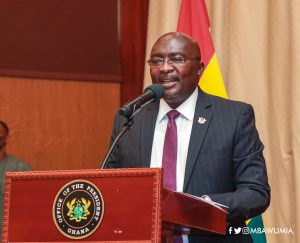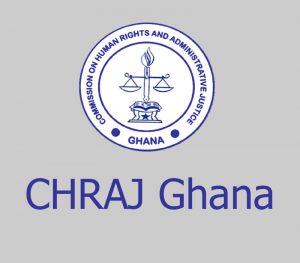The GHS7billion targeted revenue which is expected to be generated from the yet-to-be-approved E-levy in the 2022 budget statement is over rated, Former Finance Minister, Seth Terkper, has said.
Speaking on the Business Focus with Alfred Ocansey on TV3 Monday, Mr Terkper said “…everything else is dependent on loan so the
“The question is what is 7billion , how can that become the main thing when you do not have seen to the budget when you do not have access to the market to borrow .
“That is why I have said the 7bn from the E-levy in terms of resolving our problems is overrated . I see it more in terms of urgent liquidity because it is going to be cash, it is not like it is profit.”
The government through the Information Minister, Kojo Oppong Nkrumah had rejected claims that the government believed the E-levy was going to solve all of Ghanaians problems.
Mr Oppong Nkrumah said no government official has said that any where.
The Ofoase Ayirebi lawmaker was reacting to a questioner at a press conference held by the Finance Minister Ken Ofori Atta in Accra on Wednesday January 19 who premised his question on the claim that the E-levy is going to solve all of Ghana’s problems.
The Ofoase Ayirebi Lawmaker said “We have not said that E-levy will solve all our problems so I think the foundation of that question should be quickly dealt with.
“E-levy is one of the revenue measures as part of several revenue measures aimed at raising the resources that we need for the appropriation of about 145 billion. So it is important to put that in context even before we get into answers.”
The E-levy proposal in the 2022 budget statement has sharply divided parliament. The opposition MPs have rejected the proposal.
The Minority Leader Haruna Iddrisu said the policy proposal is a disincentive to the growth of digital economy.
To that end, he said, the Minority would not support it.
Speaking at a post budget workshop in Ho on Saturday November 20, he said “Mr Speaker, understandably, we see that the Minister of Finance seeks to introduce some measures including the now popularly declared e-levy or digital levy as some have quite named it.
“Mr Speaker, our concern is whether the e-levy itself is not and will not be a disincentive to the growth of digital economy in our country . We are convinced that the e-levy may as well even be a disincentive to investment and a disincentive to private sector development in our country. We in the minority may not and will not support government with the introduction of that particular e-levy . We are unable to build national consensus on that particular matter.”
Finance Minister Ken Ofori-Atta announced this levy to be charged by government in 2022 on all electronic transactions to widen the tax net and rope in the informal sector.
“It is becoming clear there exists enormous potential to increase tax revenues by bringing into the tax bracket, transactions that could be best defined as being undertaken in the ‘informal economy’,” Mr Ofori-Atta observed on Wednesday, November 17 as he presented the 2022 budget statement in Parliament.
“After considerable deliberations, government has decided to place a levy on all electronic transactions to widen the tax net and rope in the informal sector. This shall be known as the ‘Electronic Transaction Levy or E-Levy’.”
He explained that the new E-levy will be a 1.75 per cent charge on all electronic transactions covering mobile money payments, bank transfers, merchant payments and inward remittances to be borne by the sender except inward remittances, which will be borne by the recipient.
This will, however, not affect transactions that add up to GH¢100 pr less per day.
“A portion of the proceeds from the E-Levy will be used to support entrepreneurship, youth employment, cyber security, digital and road infrastructure among others.”
This new levy is scheduled to start Saturday, January 1, 2022.
In 2020, total value of transactions was estimated to be over GH¢500 million with mobile money subscribers and users growing by 16 percent in 2019.
According to a Bank of Ghana report, Ghana saw an increase of over 120 percent in the value of digital transactions between February 2020 and February 2021 compared to 44 percent for the period February 2019 to February 2020 due to the convenience they offer.
This was definitely heightened by the advent of Covid-19 especially during the lockdown.







